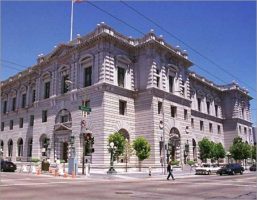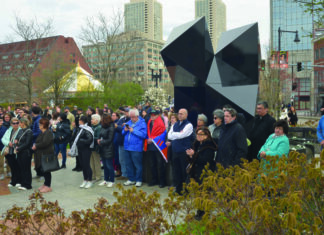LOS ANGELES (Metropolitan News-Enterprise) — Although the United States has never recognized that the Armenian Genocide occurred, the Ninth U.S. Circuit Court of Appeals has found that it did take place, in 1915-23, but yesterday held that two 2010 lawsuits based on confiscation of property by the Ottoman Empire, now Turkey, are time-barred, despite a California statute of limitation setting a 2016 deadline for court actions.
The opinion, by Circuit Judge Andrew D. Hurwitz, affirms the dismissal of suits brought by two sets of descendants of genocide victims against two Turkish national banks, seeking imposition of constructive trusts on real property that was seized and an accounting in connected with looted assets.
Also sued was the Republic of Turkey, but only the dismissal as to the banks was appealed.
That dismissal occurred in 2013, with District Court Judge Dolly Gee of the Central District of California declaring that the question of whether the genocide took place was a non-justiciable “inherently political question.” She did not determine whether the actions were timely.
Attorneys’ React
The decision on August 7 evoked angered responses from attorneys for the plaintiffs.










